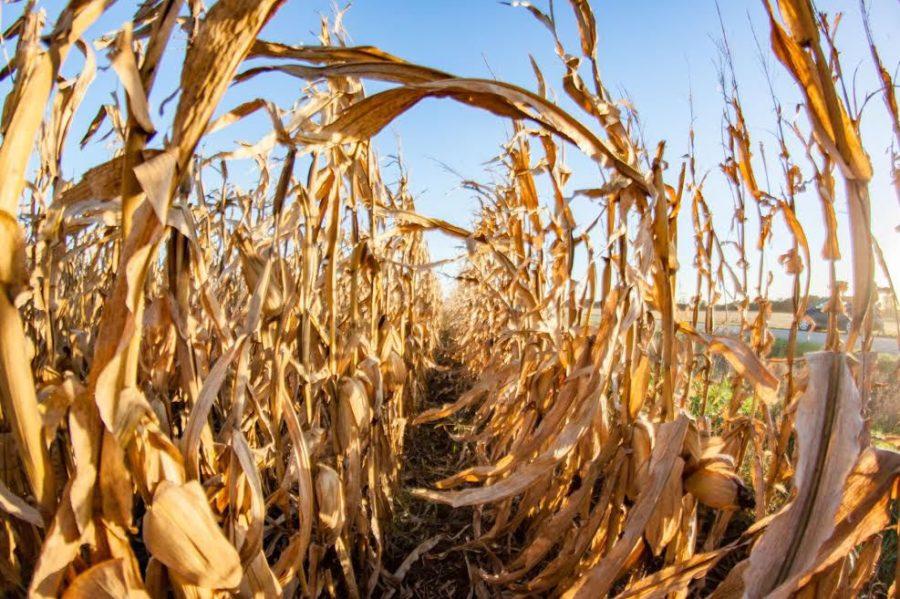Editorial: Possible trade war bad for farmers
March 8, 2017
Mexican Sen. Armando Ríos Piter has recently proposed a bill in the Mexican Legislature that would block corn imports from the United States. Mexico, under the proposal, would instead import corn from Brazil and Argentina. This proposal is in response to U.S. President Donald Trump’s plan to build a wall along the U.S.-Mexican border and somehow expect Mexico to pay for it.
Twenty-eight percent of America’s corn export market currently goes to Mexico, which is about $2.6 billion worth of corn, according to Fortune. Trump said during his campaign that the North American Free Trade Agreement (NAFTA), a 1990s trade deal with the United States, Mexico and Canada that liberalized trade in much of North America, was the worst trade deal ever signed by the United States. As president, Trump has vowed to “renegotiate” the deal.
There are mixed feelings about NAFTA on all sides of the border. No matter what your opinions on the trade deal are, a trade war with Mexico would be worrisome in its consequences. Conventional corn farmers in the United States are already experiencing some financial distress with the price of corn currently around $3.65 per bushel, and it has been even lower than that in recent years. A sudden loss of 28 percent of the corn export market would be disastrous for thousands of farm families across Iowa and the corn belt.
Adding salt to a potential future wound, leaders in China have discussed reducing agricultural trade with the United States in the event of a proposed higher boarder tax with the United States. China relies solely on the United States for its soybean imports but could turn to Brazil and other exporting nations.
The likelihood and fallout of these trade battles is still unclear. Mexico would have to pay more for corn from South America, passing down a food-price hike to its citizens. China would have to abandon its strong trade ties with the United States, which looks more unlikely if Iowa Gov. Terry Branstad is confirmed as the next U.S. ambassador to China.
Even so, the bottom line is that Trump is being reckless in his rhetoric concerning trade with Mexico and China. Iowa families actually do depend upon Mexico and China (in part) to put food on their tables. Rural farming families, many of whom are registered Republicans and voted for Trump during this past presidential election, might in this case be betrayed by policies that seek to put “America first.”
The truth is that farmers face uncertainties every season. The last thing they want are more unknowns from what otherwise should be a stable market.







